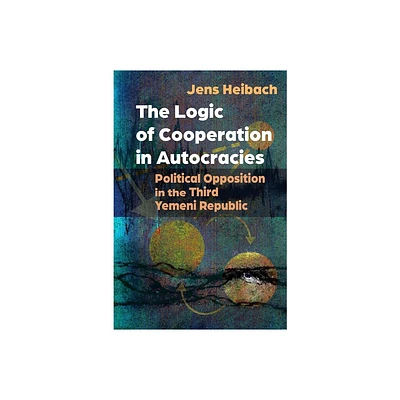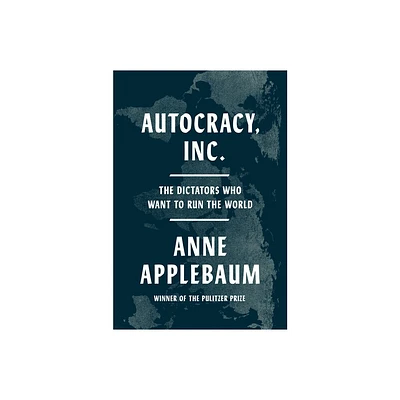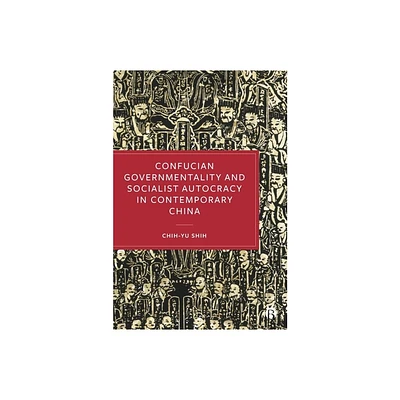Home
Américanas, Autocracy, and Autobiographical Innovation: Overwriting the Dictator
Loading Inventory...
Barnes and Noble
Américanas, Autocracy, and Autobiographical Innovation: Overwriting the Dictator
Current price: $180.00


Barnes and Noble
Américanas, Autocracy, and Autobiographical Innovation: Overwriting the Dictator
Current price: $180.00
Loading Inventory...
Size: Hardcover
*Product Information may vary - to confirm product availability, pricing, and additional information please contact Barnes and Noble
Overwriting the Dictator is literary study of life writing and dictatorship in Americas. Its focus is women who have attempted to rewrite, or overwrite, discourses of womanhood and nationalism in the dictatorships of their nations of origin. The project covers five 20
th
century autocratic governments: the totalitarianism of Rafael Trujillo’s regime in the Dominican Republic, the dynasty of the Somoza family in Nicaragua, the charismatic, yet polemical impact of Juan and Eva Perón on the proletariat of Argentina, the controversial rule of Fidel Castro following Cuba’s 1959 revolution, and Augusto Pinochet’s
coup d'état
that transformed Chile into a police state. Each chapter traces emerging patterns of experimentation with autobiographical form and determines how specific autocratic methods of control suppress certain methods of self-representation and enable others. The book foregrounds ways in which women’s self-representation produces a counter-narrative that critiques and undermines dictatorial power with the depiction of women as self-aware, resisting subjects engaged in repositioning their gendered narratives of national identity.
th
century autocratic governments: the totalitarianism of Rafael Trujillo’s regime in the Dominican Republic, the dynasty of the Somoza family in Nicaragua, the charismatic, yet polemical impact of Juan and Eva Perón on the proletariat of Argentina, the controversial rule of Fidel Castro following Cuba’s 1959 revolution, and Augusto Pinochet’s
coup d'état
that transformed Chile into a police state. Each chapter traces emerging patterns of experimentation with autobiographical form and determines how specific autocratic methods of control suppress certain methods of self-representation and enable others. The book foregrounds ways in which women’s self-representation produces a counter-narrative that critiques and undermines dictatorial power with the depiction of women as self-aware, resisting subjects engaged in repositioning their gendered narratives of national identity.


















